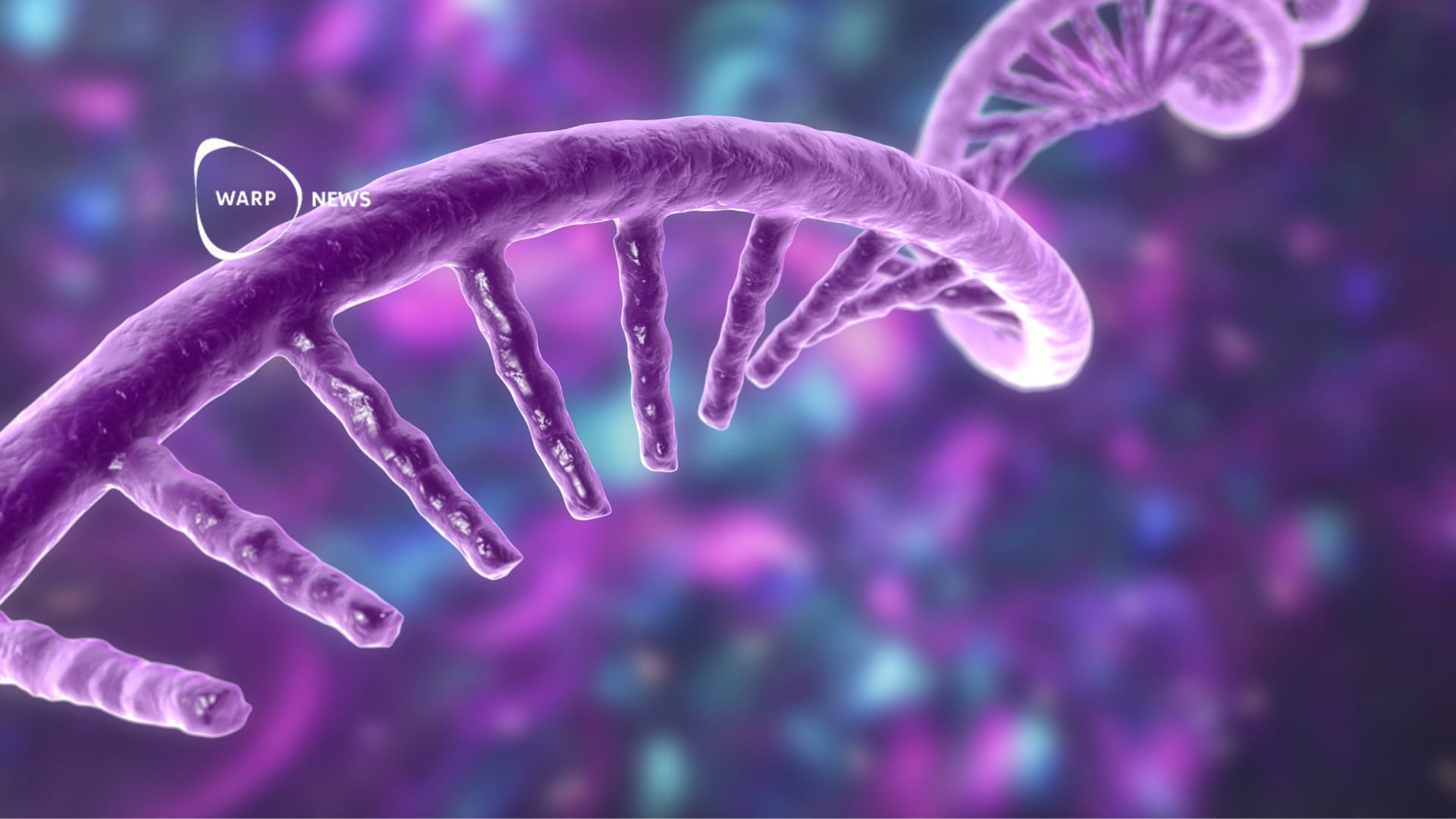
💬 Things were better before – weren’t they?
With nearly eight billion people on the planet, there are always people whose current situation is not good, and they may well have had it better in the past. But on a macro level, there is no question about it – we have never had it better, writes Kelly Odell.
Share this story!
The idea that things were better at some unspecified time in the past is a common notion I hear repeated by people I meet, including various politicians.
This worldview is based on the negative assumption that the world has somehow gotten worse and is usually connected to the romantic notion that we should somehow return to a better time. Something like Camelot, a lost time of prosperity when life was good and everyone was happy.
Is there any truth to this idea? Was there a time when things were better? To be fair, I think we must acknowledge that at an individual level, this could be true.
With nearly eight billion people on the planet, there are always people whose current situation is not good, and they may well have had it better in the past. As I write this article, we are still struggling with a global pandemic that is morphing itself into new variants; wildfires are raging in the northwestern USA, floods are raging in central Europe, and children are still dying of malnutrition and starvation in some parts of the world. Anyone experiencing these crises firsthand could rightly argue that things were better before, at least for them.
The question remains at a macro-level. Is the quality of life better or worse for the world as a whole?
Exactly when were things better?
The first question that usually pops into my head when I hear people propagating the idea of things being better in the past is “when”? When exactly do they mean? When in the past were things better?
There are certain periods in the past when even the strongest proponents of this notion would be hard-pressed to argue that things were better. For example, it would be tough to convince anyone that things were better for most people during one of the two World Wars of the last century.
In Sweden, where I live, a nationalist party with roots in neo-Nazism tries to romanticize the past by propagating the idea of a better time in the past when “everyone” was blond and blue-eyed, lived in little red cabins, and lived happily ever after. The leaders of this party often show up at public events in traditional costumes from the 18th-19thcenturies. But you don’t have to do much homework to discover that life was not objectively better for the vast majority of the population in Sweden at that time.
What criteria could we use if we are going to objectively determine whether things actually were better at some point in the past without really knowing when in the past we are talking about.
Quality of life has radically improved
In modern history, economists and politicians have focused primarily on measures like GDP, Gross Domestic Product, which measures the total value of goods and services created in a country during a certain period.
In 1990 the United Nations Development Program, UNDP, created a Human Development Index, HDI, to give a more comprehensive view of the quality of life in countries. In addition to GDP, the HDI includes life expectancy at birth, average years of education completed, and expected years of schooling upon entering the education system. These factors, when weighed together, give a much better perspective of the wellbeing of people in various countries.
The HDI shows that the quality of life has radically improved during the last 30 years in all but a handful of countries. The countries that haven’t improved in recent years are typically affected by wars. But from a global perspective, even including those countries impacted by war or famine, far more people have it better today than they did 30 years ago.
Life expectancy has increased, and infant mortality decreased significantly, primarily due to better availability of healthcare and food. Not only are people surviving longer, they are thriving to a greater extent thanks to better and more education.
Actually – we have never had it better
A skeptic might argue that the HDI only goes back some 30 odd years and that things were better sometime before 1990. So let’s go back to our nationalistic Swedish politicians and their costumes from the 1700 and 1800s.
During those two centuries, global life expectancy was stable at or slightly above 30 years, but since the beginning of the 1900s, life expectancy has improved all around the world, and the global life expectancy is just over 70 years. In other words, the life expectancy for human beings more than doubled in just over 100 years.
A similar trend can be seen with regard to infant mortality which could vary between 100 and 250 deaths per 1000 births in Europe in 1870 and today is below 30 deaths per 1000 in the entire world and well under 10 per 1000 in developed countries.
As an indicator of improvement in education since the 1800s, we could look at literacy levels. In 1820 only 12 percent of the world’s population could read and write, while today, only around 14 percent are illiterate.
In short, there simply are no objective criteria to indicate that people on earth have ever had it better than they have it today.
None of this means that we don’t have some significant issues to address, like climate change or mass extinction of non-human species. But as an optimist, I know that by celebrating our successes, we can renew our efforts to tackle our next challenges.
All the historical evidence indicates that we have been highly successful at solving catastrophic problems in the past and as behaviorists might say, “past behavior is the best indicator of future behavior.” We have done it before, and we can do it again.
By becoming a premium supporter, you help in the creation and sharing of fact-based optimistic news all over the world.


